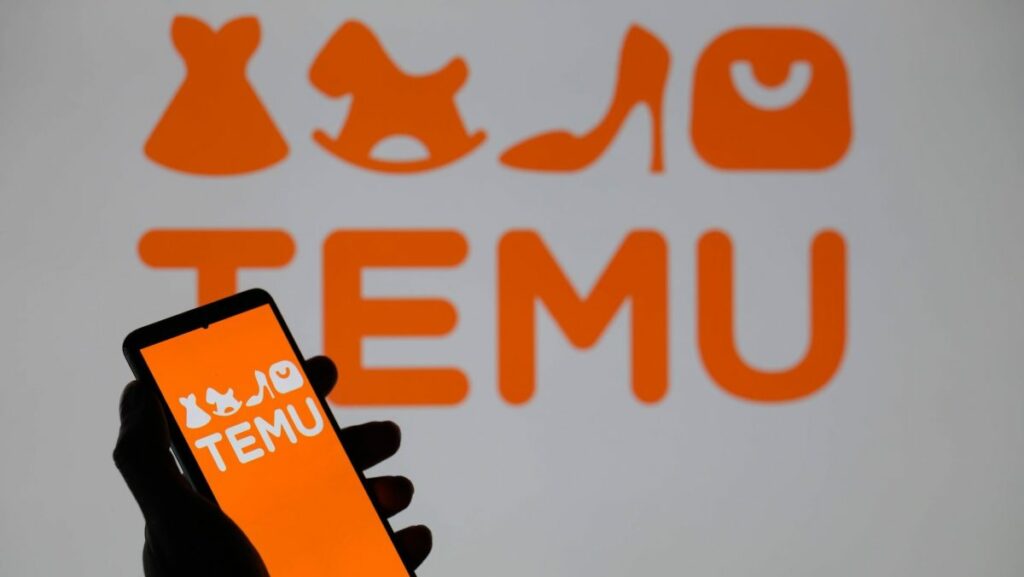The European Union has dialed up scrutiny of Chinese ecommerce marketplace Temu, asking for more information about its compliance with multiple provisions of the bloc’s online governance framework, the Digital Services Act (DSA), including in relation to how it prevents the sale of illegal goods on its platform.
Back in May scores of consumer protection groups filed coordinated complaints against Temu, putting pressure on the European Commission to probe a raft of concerns, including in areas like trader traceability and manipulative design.
The DSA puts a legal requirement on larger platforms to assess a variety of systemic risks their services might pose to EU users, in areas such as minor protection and public health, and to take proactive steps to mitigate potential harms.
Additionally, the regulation applies transparency requirements that demand that platforms provide details of the logic of algorithmic systems that are used to recommend content to users.
Penalties for non-compliance with the DSA can be stiff, reaching up to 6% of global annual turnover.
In a press release put out on Friday, the Commission said it’s asked Temu for further info about risk mitigations around the sale of illegal products. It’s also after specifics (“detailed information and internal documents”) on how the platform identifies traders who are selling illegal stuff, and on mitigation measures it uses to ensure that problem sellers can’t just find their way back and resume selling illegal wares.
Additionally, the EU is quizzing Temu on its approach to consumer protection risks, public health risks, and risks to users’ wellbeing. And the bloc wants more information about Temu’s recommender systems, as well as its approach to the protection of user data.
The ecommerce platform has been given until October 21 to provide the requested info.
Everyday, millions of Europeans buy all sorts of products on Temu.
We are concerned about the possible presence of traders selling illegal products on the platform.
Today we formally request @shoptemu to provide information on the mitigation measures taken against such risk
— Margrethe Vestager (@vestager) October 11, 2024
If the EU is unhappy with Temu’s responses it could come back with even more data requests. Or else it may move to open a formal investigation proceeding if it suspects the ecommerce platform of non-compliance.
An earlier Commission request for information (RFI) back in June — which was sent to both Temu and another ultra-low-cost ecommerce platform, Shein — comprised a similarly expansive grab-bag of asks. Then the EU sought info on their “Notice and Action” mechanisms (i.e. how they let users report problems/illegal products); interface design; the protection of minors; the transparency of recommender systems; trader traceability; and “compliance by design.”
The Commission’s scrutiny has yet to turn into a formal investigation of either ecommerce platform. However, in Temu’s case, it’s only been subject to centralized oversight by the Commission since May, when it was designated as a so-called very large online platform (VLOP).
The designation gave Temu until the end of September to align with the DSA’s extra layer of risk mitigation and algorithmic accountability rules for larger platforms. So the EU looks to be moving fast, likely in response to public pressure from consumer protection groups raising concerns and demanding action.
In a statement on Friday, the European Consumer Organisation (aka BEUC) welcomed the development.
“It’s good news that the Commission has urgently requested additional information from Temu to determine whether it complies with several obligations under the DSA. This is a follow-up to our complaints from May where we raised many problematic issues on Temu, including poor transparency about who sellers on the platform are and the lack of transparency on how its recommender systems work,” wrote the BEUC’s digital policy officer, Fernando Hortal Foronda.
“We believe Temu is failing consumers and is likely to be breaking the law. Various member tests carried out over the past year about dangerous and illegal products point to a systemic problem that Temu is currently failing to address properly. We expect urgent changes from Temu now and hope this is the beginning of the end of consumers being exposed to harmful practices on Temu.”
Temu has been contacted for a response to the latest Commission RFI.


